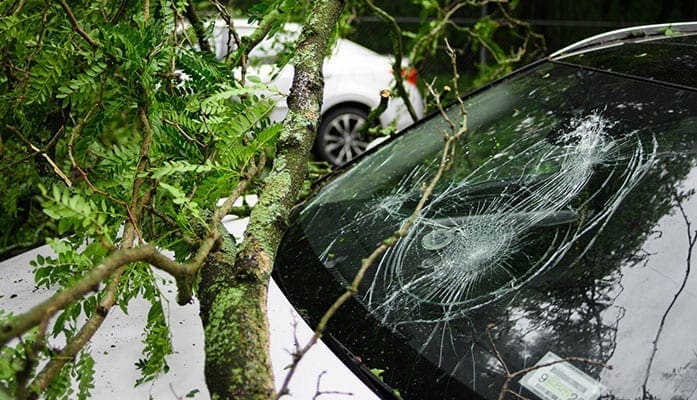 Manitoba Public Insurance (MPI) is in updating its computer programs and associated practices. Through an estimated multimillion-dollar effort, MPI plans to provide its customers with online services.
Manitoba Public Insurance (MPI) is in updating its computer programs and associated practices. Through an estimated multimillion-dollar effort, MPI plans to provide its customers with online services.
With MPI’s long-needed revamped technology, licensed drivers and vehicle owners will be able to select insurance options and pay MPI bills without even conversing with a broker.
Yet in an agreement brokered by the provincial government and signed in late November 2020, MPI put its signature on a renewed contract with the Insurance Brokers Association of Manitoba (IBAM). The deal will have the members of IBAM, the holders of 300 broker agencies, receiving commissions and fees on monetary transactions between MPI and its customers. A read of the agreement reveals a quiet third party in this deal — that third party is the Manitoba government.
The president and CEO of MPI from 2017 to the fall of 2020 recognized the antiquity of MPI’s legacy systems. When hired, he compared MPI’s outdated computer technology unfavourably to an Atari game console of the 1970s and 1980s. But his quest for modernization, enabling online transactions directly between MPI and its captive customers, would not be cheap to achieve. However, it was reasonable to assume that large savings could be expected from the current annual stream of $80 million or so a year in broker commissions and fees.
Last fall, the president and CEO of MPI quit, seemingly before the obviously pressured MPI board surrendered to the government’s desire to satisfy the brokers.
The arbitrated-forced agreement, coming into force this April, links MPI customers to a broker. MPI is to compensate brokers even when MPI’s customers employ MPI’s online system. IBAM brokers are to continue cashing in on MPI transactions through into 2026, with renewals expected beyond then. MPI has not only paid the brokers through commissions and fixed fees for decades, it has also been paying $250,000 a year to the brokers’ association, continuing to abide by an understanding with IBAM that MPI will deal only with the original 300 brokerages that existed in 1971.
The leader of the provincial opposition Liberals is justified in calling for an investigation into Premier Brian Pallister’s interference in Manitoba Public Insurance.
The chair of the MPI board has been changed twice since the Progressive Conservative government came into power in 2016, with three MPI presidents since then. Since the PCs have also sidelined the public utilities board recently, an independent investigation is required.
MPI was founded 50 years ago. The NDP government in power at the time fought a fierce fight against Manitoba insurance brokers who feared losing lucrative commissions on automobile insurance. The NDP won but at a price of giving brokers a virtual monopoly in servicing Manitoba vehicle owners.
Unsurprisingly, as a government car insurance monopoly, MPI’s history is marked by politics. Government sets out the coverages and the benefits offered. Government controls the investments, and the composition of the board of directors. Whether the NDP or the PCs are in power, the brokers have enjoyed a commission and flat-fee monopoly. And MPI continues to negotiate with the brokers with its hands tied behind its back.
Graham Lane, a retired CPA/CA, had a 40-year plus career as an executive in private and public operations, including a stint as the acting president of MPI. This column was submitted by the Frontier Centre for Public Policy.
Graham is one of our Thought Leaders. For interview requests, click here.
The views, opinions and positions expressed by columnists and contributors are the authors’ alone. They do not inherently or expressly reflect the views, opinions and/or positions of our publication.

